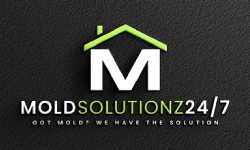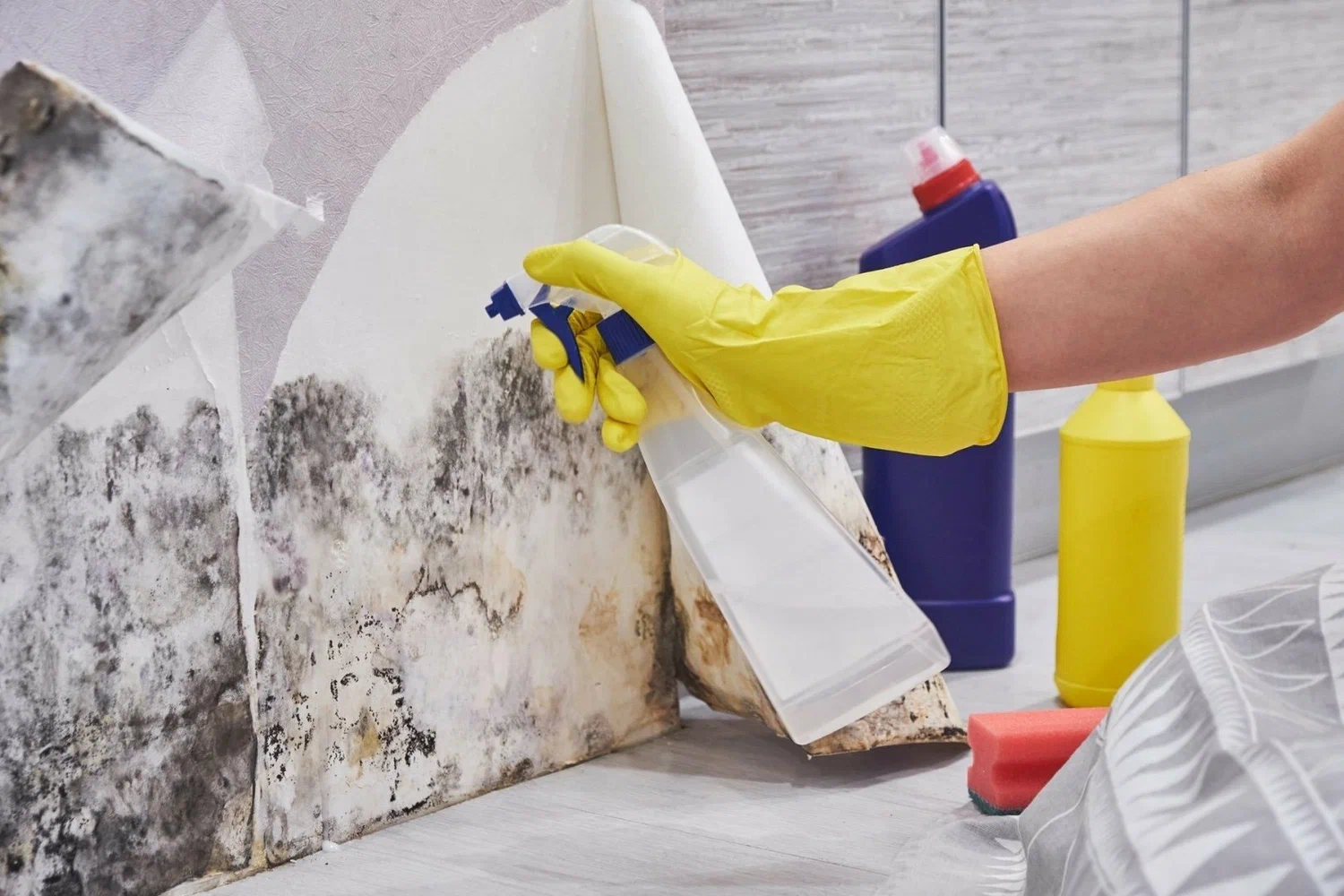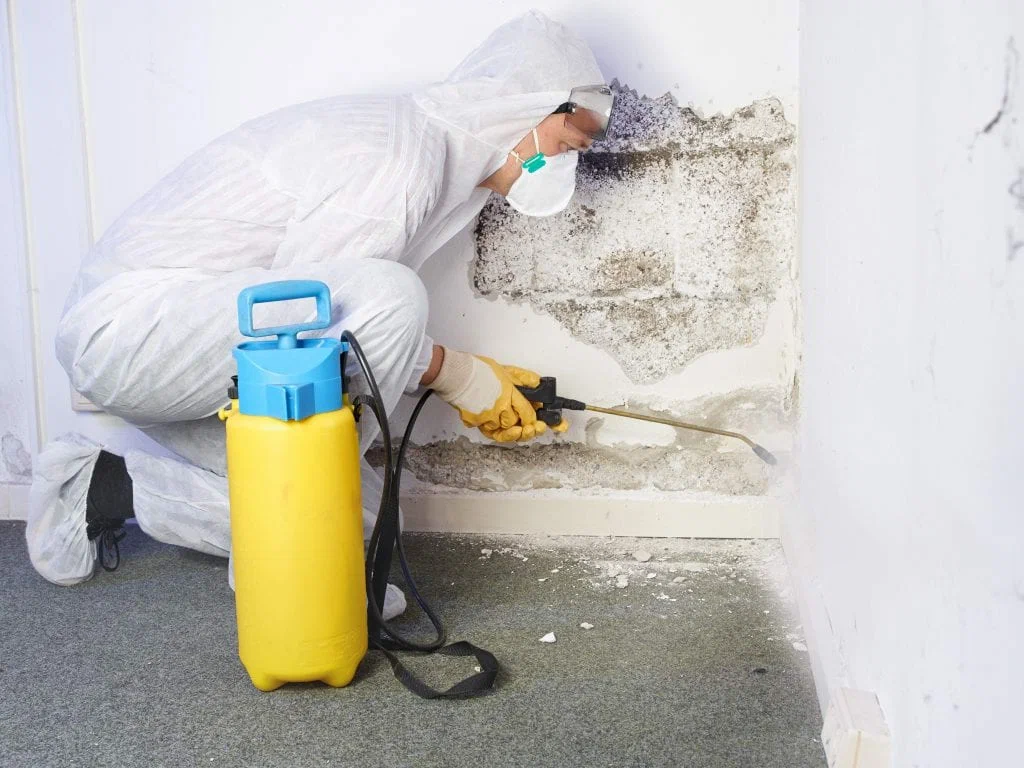Mold is a silent intruder that can infiltrate homes and commercial spaces, often without immediate notice. While a small patch may appear harmless, mold can cause serious damage over time, affecting both the structure of your property and the health of its occupants. This is where mold remediation comes in—a professional process designed to eliminate mold, prevent its return, and restore a safe environment. In this blog, we’ll explore why mold remediation is vital, the effects of untreated mold, and how professional remediation services make a difference.
Understanding Mold and Its Hazards
Mold is a type of fungus that thrives in damp, warm, and humid environments. It reproduces through microscopic spores, which can easily become airborne and spread throughout your home. Common areas for mold growth include basements, bathrooms, kitchens, and areas affected by water leaks or flooding.
The dangers of mold extend far beyond unsightly stains or bad odors. Prolonged exposure to mold can lead to serious health issues, including:
- Respiratory problems: Mold spores can irritate the lungs, triggering coughing, wheezing, and difficulty breathing, particularly in individuals with asthma or other respiratory conditions.
- Allergic reactions: Sneezing, itchy eyes, skin rashes, and sinus congestion are common symptoms.
- Chronic health complications: Long-term exposure may exacerbate asthma, bronchitis, and other chronic respiratory illnesses.
Additionally, mold can weaken the structure of your home. It can damage walls, ceilings, floors, and even the foundation if left untreated, resulting in costly repairs.
Signs You Need Mold Remediation
Identifying mold early is crucial for effective treatment. Homeowners should watch for these indicators:
- Visible growth: Black, green, or white patches on walls, ceilings, or floors.
- Musty odors: A persistent damp or mildew smell often indicates hidden mold.
- Water damage: Stains, peeling paint, or warped surfaces are signs of moisture problems.
- Health symptoms: Frequent allergic reactions or respiratory issues among family members may signal mold presence.
Ignoring these signs can allow mold to spread, making remediation more complicated and expensive.
Why Professional Mold Remediation Matters
While minor mold issues can sometimes be addressed with DIY methods, professional mold remediation offers a more thorough and effective solution. Here’s why:
1. Comprehensive Inspection
Certified mold remediation specialists conduct a detailed inspection to identify all affected areas. They locate hidden mold in places like behind walls, under floors, or inside HVAC systems. This ensures that no contamination is left untreated, which is critical for preventing recurrence.
2. Safe and Effective Mold Removal
Professionals use industrial-grade equipment and safe cleaning agents to remove mold completely. They employ containment strategies to prevent spores from spreading during the process. Additionally, they follow strict safety protocols, protecting both the occupants and the workers.
3. Moisture Control
Mold cannot survive without moisture. Effective remediation not only removes mold but also addresses the underlying moisture issue—whether it’s a leaky pipe, poor ventilation, or flooding. Preventing moisture is key to stopping mold from returning.
4. Protecting Health and Property Value
Professional remediation safeguards your family’s health by eliminating harmful spores from your home. It also protects the structural integrity of your property, preventing costly repairs in the future. Homes with untreated mold may lose value, making remediation a wise investment.
Steps Involved in Mold Remediation
A typical professional mold remediation process includes the following steps:
- Assessment and Inspection: Identifying the type and extent of mold contamination.
- Containment: Sealing affected areas to prevent mold spores from spreading.
- Air Filtration: Using HEPA filters and air scrubbers to remove airborne spores.
- Mold Removal: Cleaning or disposing of contaminated materials safely.
- Restoration and Repair: Replacing damaged drywall, insulation, or flooring as needed.
- Prevention Measures: Addressing moisture issues and providing guidance for maintaining a mold-free environment.
Consequences of Delaying Mold Remediation
Postponing mold remediation can lead to significant problems:
- Health deterioration: Prolonged exposure increases the risk of allergies, respiratory issues, and other chronic conditions.
- Structural damage: Mold can weaken walls, ceilings, and flooring, leading to expensive repairs.
- Decreased property value: Homes with mold issues are harder to sell and may require costly disclosure or repairs.
- Increased remediation costs: The longer mold remains untreated, the more extensive the remediation process becomes.
Choosing the Right Mold Remediation Service
Selecting a reliable and experienced mold remediation company is essential. Consider the following factors:
- Certifications and experience: Ensure the company has certified technicians with expertise in mold removal.
- Comprehensive services: The provider should offer inspection, removal, repair, and prevention solutions.
- Transparent pricing: Look for clear estimates without hidden costs.
- Positive reviews: Check customer feedback for service quality and reliability.
Conclusion
Mold is not just an aesthetic issue—it’s a serious threat to both health and property. Professional mold remediation is crucial to remove existing mold, prevent future growth, and protect your home and loved ones. By acting promptly and hiring certified experts, you can maintain a clean, safe, and healthy living environment.
Don’t wait until mold becomes a bigger problem. Contact a professional mold remediation service today to safeguard your health, your property, and your peace of mind.



